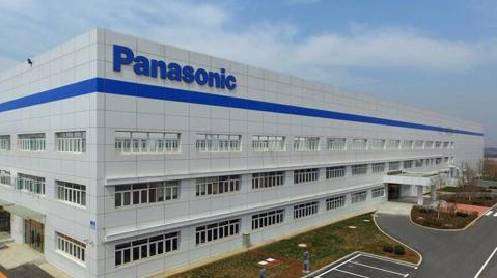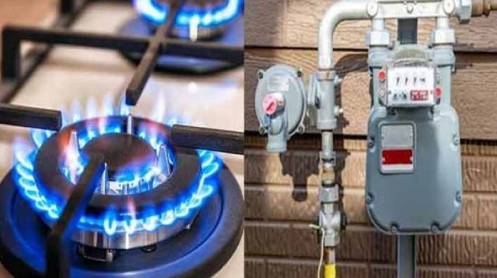TOKYO: Panasonic is aiming to roll out a groundbreaking higher-capacity electric vehicle (EV) battery within the next two years, in a move that could significantly boost Tesla’s vehicle range and competitiveness.
The Japanese electronics giant revealed it is working on an anode-free battery technology that could raise energy density to a “world-leading level” by the end of 2027. If successful, the innovation could increase battery capacity by 25%, extending the driving range of Tesla’s Model Y by nearly 90 miles (145 km) without changing battery pack size.
Alternatively, Panasonic could shrink battery packs while maintaining current ranges, creating lighter and potentially cheaper EVs. Unlike conventional batteries, Panasonic’s design eliminates the anode during production, allowing a lithium metal anode to form after the first charge. This frees up space for more active cathode materials — nickel, cobalt, and aluminium — boosting efficiency while aiming to reduce reliance on expensive nickel.
The company declined to disclose potential cost impacts. Panasonic’s push comes as Tesla faces growing competition, with its U.S. market share slipping to the lowest in nearly eight years in August.
By Reuters







